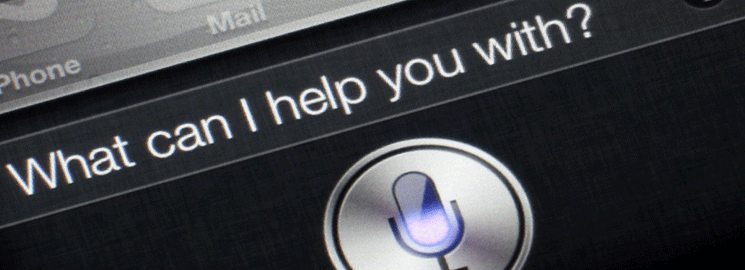With all the sophisticated software and hardware found in our mobile devices these days there seems to be the potential for them to actively listen in on our every word we say prompting us to trade our personal information in exchange for convenience and services.
Whether it is Apple’s Siri, Android’s OK Google, or Microsoft’s Cortana, these digital assistants allow the consumers the convenience of hands free voice recognition while at the same time opening the possibility for privacy concerns.
For the most part most of these concerns can all be linked back to privacy and the cloud. This issue arises because of a key difference in today’s implementations of voice recognition. In the early days of this technology, before the invention of the modern internet, all of the voice processing was done locally, on the machine that was listening to your voice. No data about what you said was transmitted over a network.
But, in recent years, voice recognition systems have changed. To deal with the limited processing power present in smartphones (and TVs), and to increase voice recognition accuracy, many voice recognition systems now record what you have said. They then upload this to a server in the cloud for analysis, before returning the result to your smartphone for action.
For instance, those with an iPhone running iOS version 8 or above will have noticed this due to the fact that Siri cannot take your commands when you are not on the internet, even if the request is a local one.
While this does increase accuracy and saves your phone’s processor, it also means that any request you make is being recorded and sent over the Internet, possibly to a third party organisation. Combined with built-in GPS and the ability to actively listen in on everything we say now, this has many people worried that our portable devices are keeping track of everything we say and everywhere we go.
If you don’t use these voice assistant features, then you can turn them off. For Apple devices, you want to go into your settings and select Siri.
For Android devices, depending on the version of the operating system you have you can navigate into setting under general, then personal and find language and input.
If you have Windows 10 on your PC, then open Cortana, and go into the settings where you can find a plethora of options to turn off.
If you are up for a bit of heavy reading, then you can check out the privacy policies of these companies. Google and Apple have similar privacy policies and for all these organisations’ machines that are listening are bound in what they can do with the data.
It’s worth noting though that all these privacy policies are subject to change at any time. Until we have global policies that deal with the privacy of our data and how it is used, it is possible that in the future anything you say could be used in a different way than you originally thought.
So, perhaps for now, it’s worth watching what you say in front of your TV … and your smartphone … and also your new smart watch.
iOS 8: Hey, Siri

